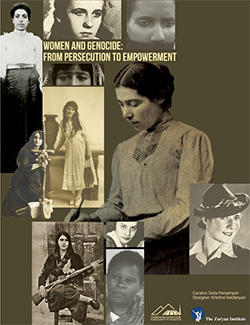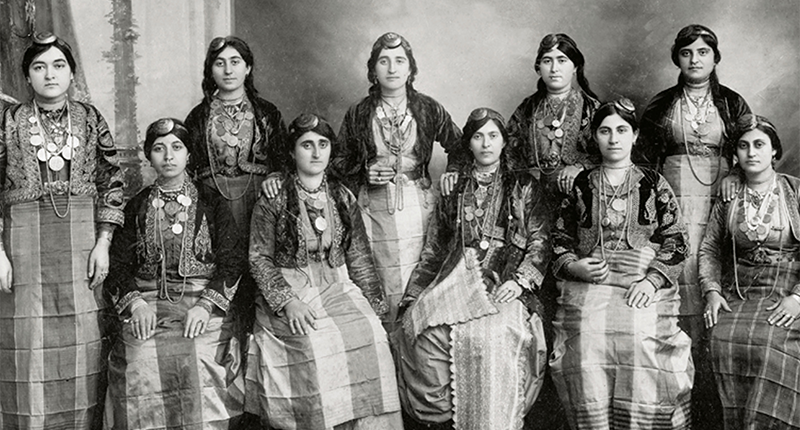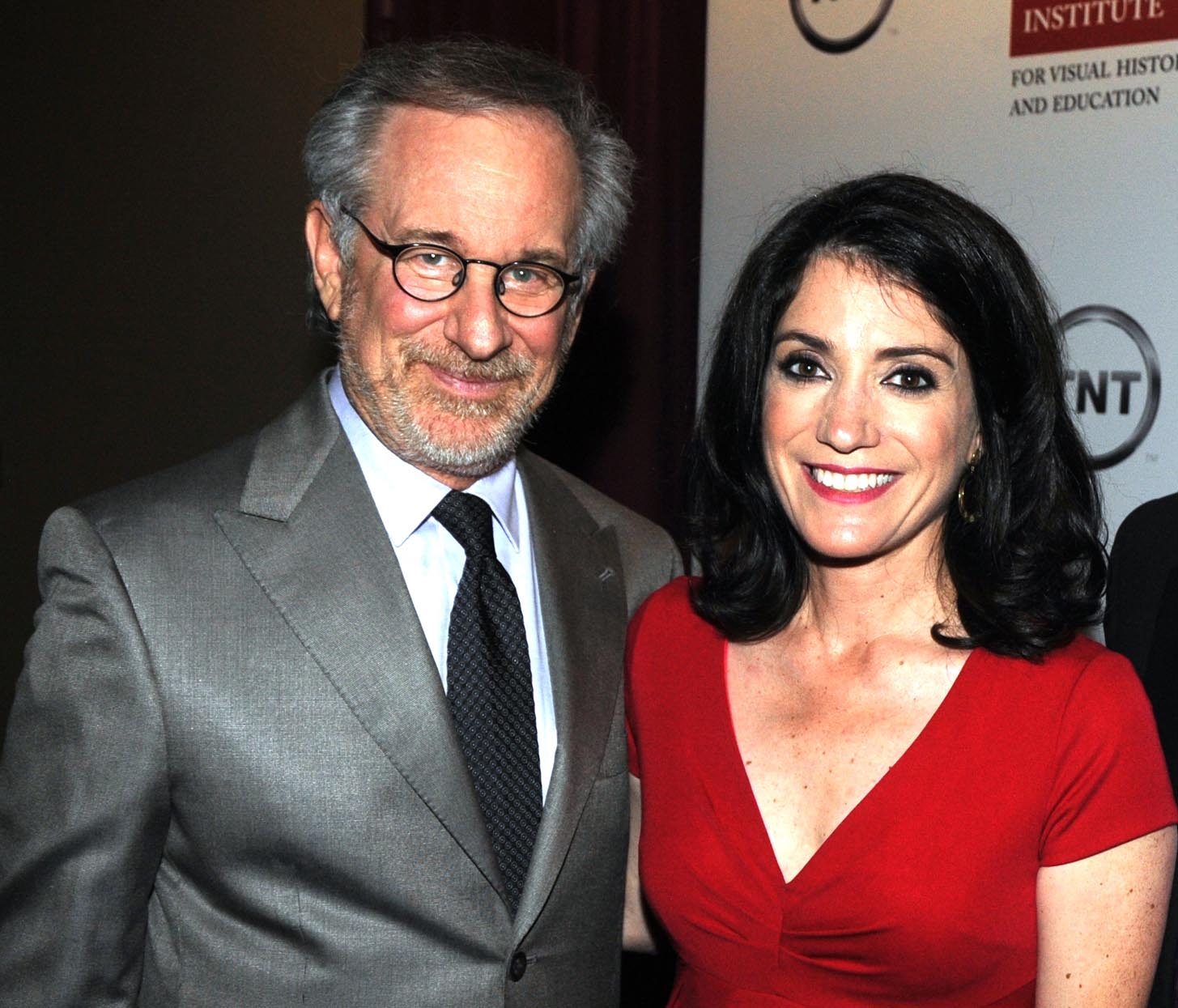

Women, in many genocides, become the living brands of trauma. Their bodies are used as battlegrounds — subjected to systematic rape, forced impregnation, and sexual slavery — tactics designed not only to destroy them physically and emotionally but to fracture the very fabric of the community. This was true for Armenian women during the Armenian genocide, Jewish women in the Holocaust, Tutsi women in Rwanda, and countless others in Cambodia, Bosnia, and beyond. Yet, after the guns fall silent and the world turns its gaze elsewhere. It is women who are left to pick up the shattered pieces. They bury the dead, raise the orphaned, and somehow, despite their grief, keep the soul of their nation alive. They become teachers, healers, storytellers — passing down language, customs, songs, and rituals that genocidal regimes tried to erase. The resilience of women who survive genocide is not just a powerful testament to the human spirit — it is also a call to conscience.
The Zoryan Institute, in collaboration with the Armenian Genocide Museum-Institute (AGMI) has created the traveling exhibit titled, “Women and Genocide: From Persecution to Empowerment.” This exhibition comparatively explores the gendered dimensions of three cases of genocide: the Armenian Genocide, the Holocaust, and the Rwandan Genocide. It highlights the pivotal role women have played in post-genocide recovery and nation-building. We invite you to engage with this initiative to help bring these important stories to an audience near you by hosting the exhibit at your local institution. A sign-up form can be found under our Exhibits page linked here.
While it is important to understand the enormity of the contributions of women in rebuilding nations and communities after genocide, we also need to study and recognize the pivotal role of women who continue to face the brunt of hardship during today’s global conflicts.
For the Zoryan Institute to continue its work, we need your generous support. Please visit the donation page on our website to complete your contribution.









